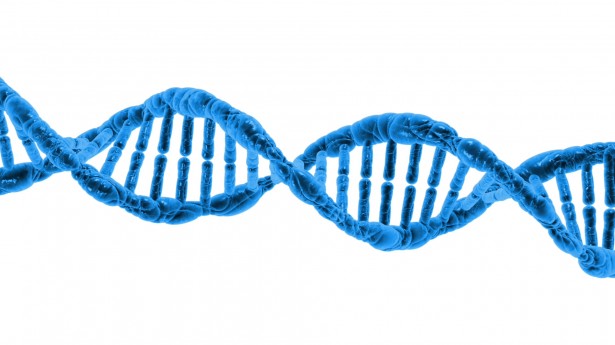Aggregated News

Sooner or later it was bound to happen: A rogue scientist in China claims to have edited a gene in two human embryos and implanted them in the mother’s womb, resulting in the birth of genetically altered twin girls. We’re no longer in the realm of science fiction. If true, this hacking of their biological operating instructions, which they will pass on to their children and generations to come, is a dangerous breach of medical ethics and responsible research and must be condemned.
This is not to say that medicine won’t someday employ gene-editing technologies in similar ways. But that time has not arrived. There are still too many risks, too many unknowns, about tinkering with our heritable genetic blueprints.
In recent years genome editing has been appropriately heralded as the most important advance of biotechnology of our generation, and most likely the past century. Known as Crispr, this technique, and related DNA editing tools, enable their users to cut and paste discrete letters of the genome. This ability has markedly advanced science, shedding new light on the complex human...



